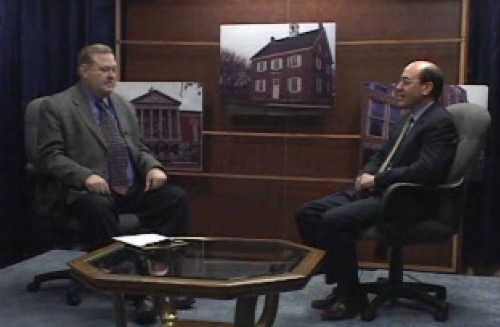As the baby-boom generation ages, the problems faced by this segment of the population will become more acute. One such problem is the decline in one’s ability to make financial decisions. As the problem worsens, the person may be unable to manage their money at all and may be liable to dissipate it. To prevent such an occurrence, the court can be asked to formally declare the person incompetent and appoint a guardian to handle the incapacitated person’s finances. Since such guardianship proceedings are unpleasant for all concerned, they should be viewed as a last option. Before resorting to the guardianship, those faced with such problems should consider the following alternatives.
One popular technique to assist the elderly with money management is the multiple party or joint bank account. This will allow either of the co-owners to access the funds in the account. The key here is to choose a trustworthy co-owner as they have the ability to withdraw all of the money. If they use it for their own benefit, getting it back may be difficult. Also, if the co-owner dies before the original depositor, the original depositor will end up paying Pennsylvania inheritance tax on their own money.
If the incapacitated person has only limited sources of income, it may be possible to establish direct deposit relationships with respect to pension, annuity and social security payments. With direct deposit, a check is not issued, but rather the money is electronically credited to a bank account in the recipient’s name. While this takes care of receiving money, paying bills must be dealt with by other means.
The power of attorney is probably the most widely used tool for dealing with the disability problem. The power of attorney is simply a written document where you give someone else the power and authority to act on your behalf. The main consideration here is that it must be signed while you are still competent. Therefore, as a precautionary measure, many sign powers of attorney far in advance of any anticipated incapacity.
Trusts are another vehicle that are often used to confront disability problems. Trusts are perhaps the ideal arrangements if the estate is large enough to warrant the extra complexity involved with drafting the trust and transferring assets to the trust. To eliminate this burden, you should consider a bank as the trustee. The bank can supply standard trust forms and they will handle the transfer of most of the assets to the trust.
The Social Security Administration and other federal agencies do allow the appointment of a so-called “representative payee” who is authorized to receive and handle the benefits. The representative payee is appointed when the agency determines that it’s in the beneficiary’s best interests. The representative payee relationship, however, extends only to those benefits and not to any other moneys.
The above options are alternatives to the more drastic guardianship procedure. Moreover, these choices deal solely with the financial aspects and not the mental, physical or health related problems of the elderly. Confronting these problems requires other considerations. The key with all aspects of the problem is to do some planning before the guardianship becomes your only alternative.
